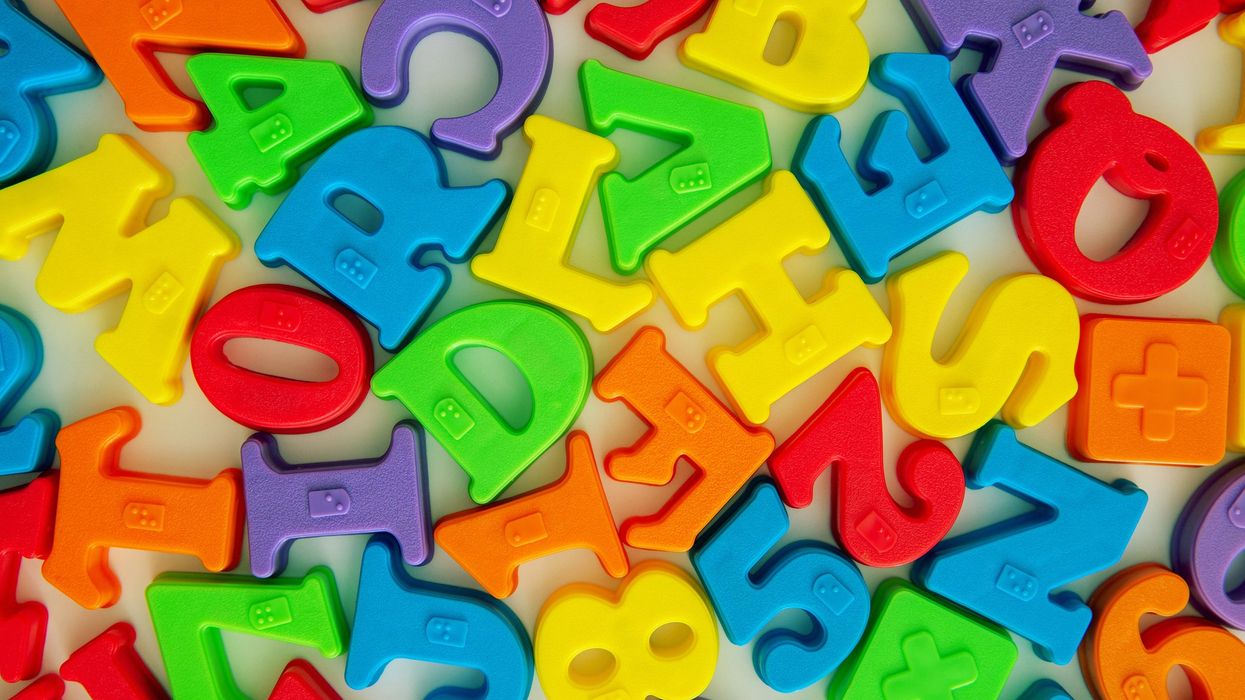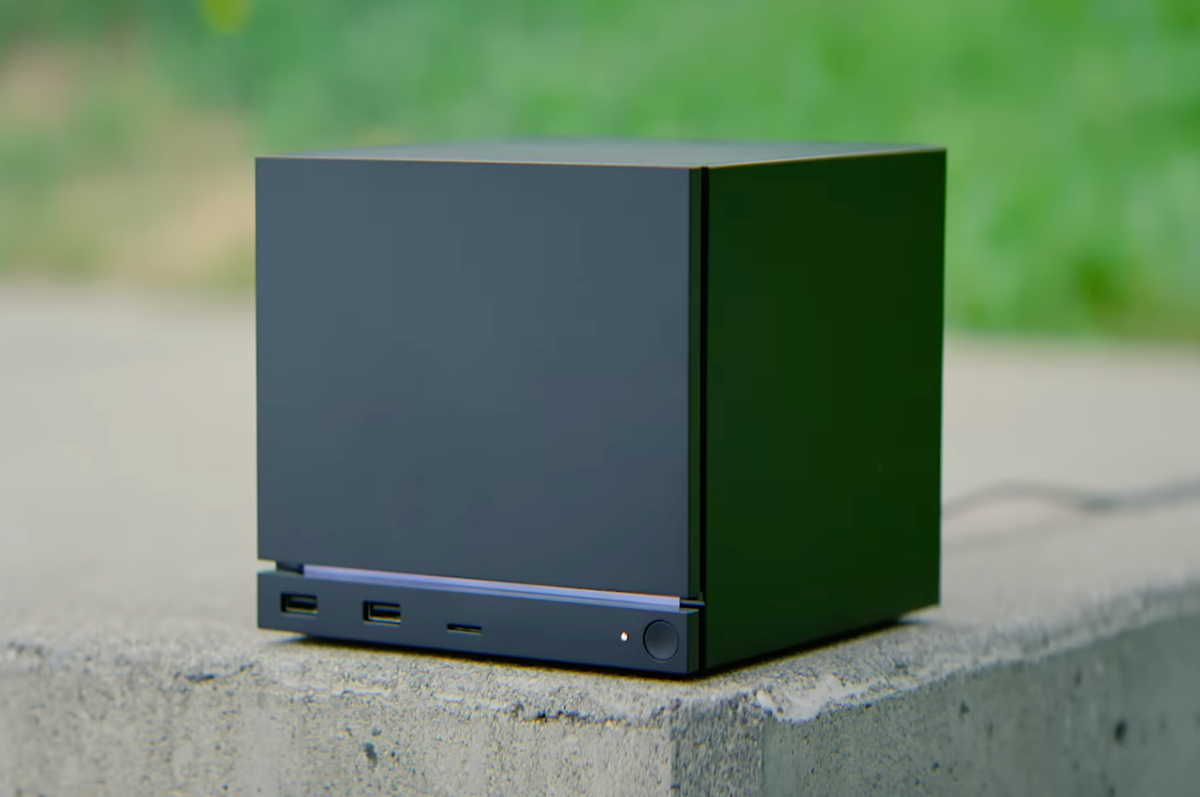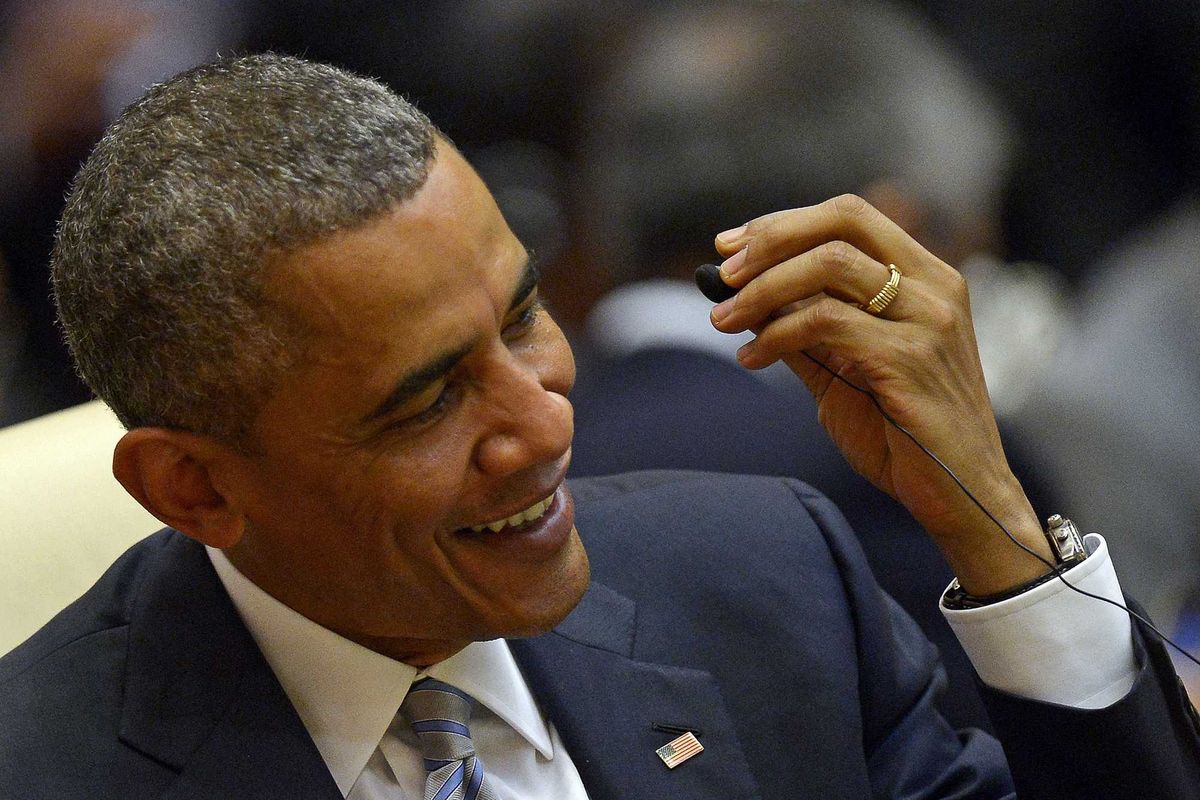
People are just learning that the alphabet has 'lost' a key letter
Growing up we learn the alphabet song to become familiar with our ABC's, but the number of letters in the alphabet wasn't always 26 as people online have been finding out.
There were actually 27, with an extra letter being "ampersand", which we're now all familiar with as the symbol "&".
In a TikTok video, user @zachdfilms3 posted a number of interesting facts including more details about ampersand previously being part of the alphabet.
"This is an ampersand and believe it or not it used to be the 27th letter in the alphabet, you see back in the day this symbol came after the letter Z and signified the word 'and'," he explained, as per The Mirror.
"But when reciting the alphabet, students weren't allowed to just say 'and' after Z. Instead they were taught to differentiate the symbol by saying 'per se' before it, it sounded something like this Q R S T U V W X Y Z &. And 'per se &' ampersand."
@zachdfilms3 Why Highway Signs Are Green 🤨
This letter was also used in a popular children's nursery rhyme called Apple Pie ABC which finishes with the lines "X, Y, Z, and ampersand, All wished for a piece in hand," according to Poem Analysis.
So why isn't ampersand considered to be an alphabet letter today?
Ampersand first appeared in the English alphabet in the early 1800s. There wasn't a certain moment in time when people stopped classing it as a letter but it was mostly phased out by the end of the 19th century, as per Writer's room.
As English is an evolving language, this wasn't the only extra alphabet letter that was later dropped as other letters that we no longer recognise include thorn (þ) – a soft "th" sound – and Wynn (ƿ).
The latter would later become the letter "w" we use today, but before this, it was known as "uu".
Here are some more instances of ex-alphabet letters:
- Ethel (Œ) - pronounced as "oi" as we now use various vowel combinations instead.
- Yogh (ȝ) - pronounced as "ch" - "Put your throat into the position of a ch, and say a g," according to the BBC. It was used in Middle English for words like 'loch' and it's a guttural sound that we don't really use in Modern English, hence why it's no longer part of the alphabet.
Over the centuries, we've lost alphabet letters but does this mean we could lose more in future?
It's unlikely anything like this will happen anytime soon, says Anne Babson, an English instructor at Southeastern Louisiana University who has a background in Late Medieval European languages.
"Standardized spelling makes it less likely for that to happen than when Middle English was turning into Modern English,” she told Reader's Digest.
“Most of our high school English teachers would roll over in their graves if ‘quick’ became permanently ‘quik.’ That said, it’s not impossible that we will simplify the orthography of many words the way the ‘drive thru’ has done."
Which letter could you see getting the chop next?
How to join the indy100's free WhatsApp channel
Sign up to our free indy100 weekly newsletter
Have your say in our news democracy. Click the upvote icon at the top of the page to help raise this article through the indy100 rankings.












